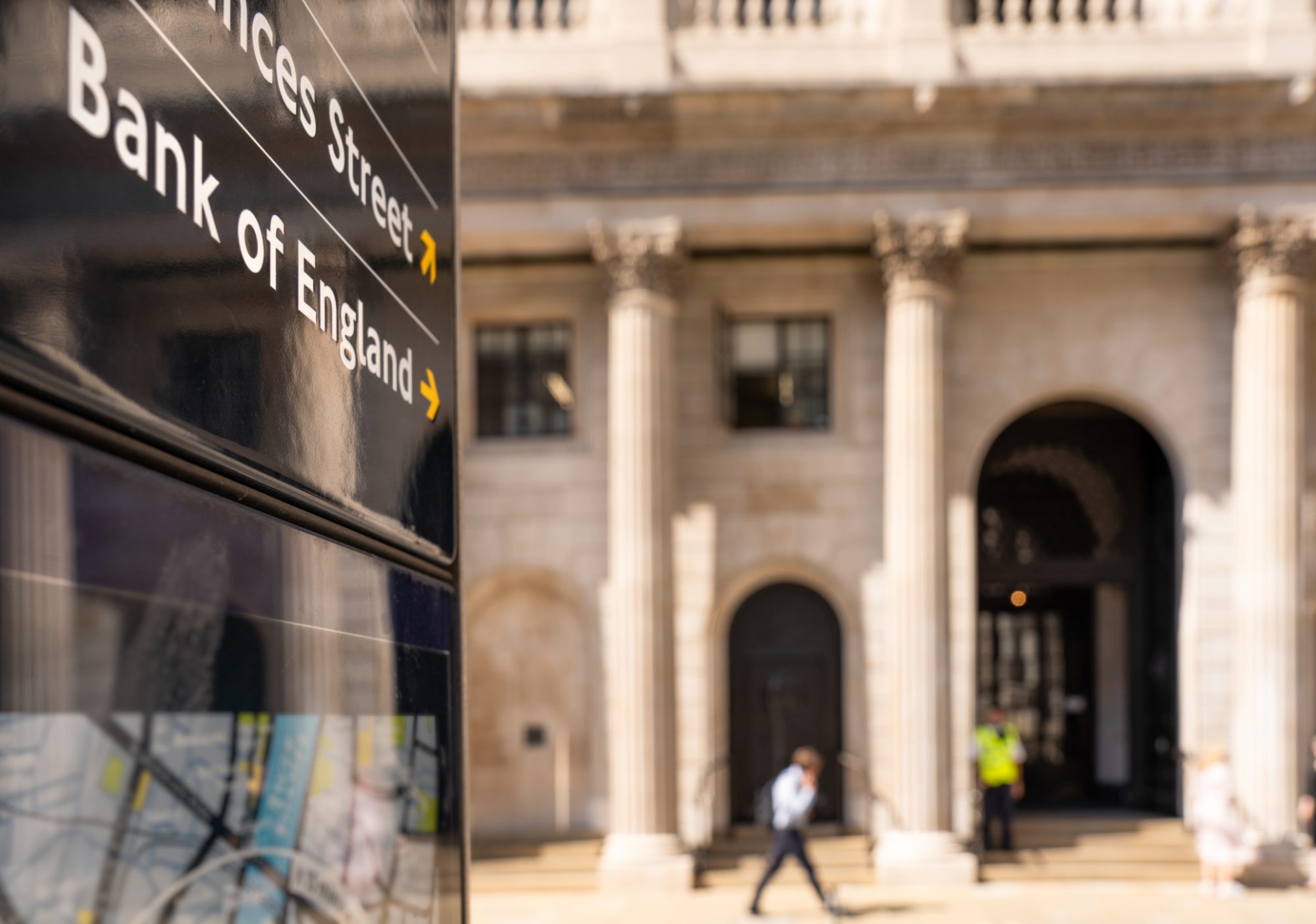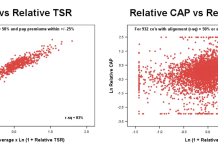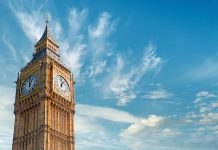What must governments do to transition to a cashless economy? Policymakers need to address issues by protecting access to cash and the financial system
For many people, cash is still king; they prefer to use cash instead of card payments. The Covid-19 pandemic accelerated the adoption of card payments, with around 82% of all transactions now involving a credit or debit card (1). Despite this, users of cash do remain and this makes it difficult to transition to a cashless economy.
There are a few reasons why some individuals prefer to use cash in their daily activities: firstly, this is a free choice for some people as using cash can be a very effective budgeting tool and some people may simply prefer cash.
For some, privacy and security concerns also prompt a reluctance to adopt a debit card in place of cash. Groups such as the elderly or those who are ‘working poor’ are of interest as they may face significant barriers when trying to join the digital economy.
Understanding the issues of the cashless economy transition
A major issue in the transition away from cash are those who are currently unbanked or underbanked and at risk of being left behind as technology advances. Some do not have access to a bank account or a debit card, either because they don’t qualify for one or because they cannot jump through the hoops to open a bank account.
Data is not available on the extent of this issue. However, research by the Citizens Advice Bureau illustrates a number of persistent barriers, such as proving addresses and offering nil-cost products (2).
Many businesses are beginning to see advantages in refusing to accept cash
In 2022 the government put forward a bill to protect access to cash and give regulators tools to ensure that cash can be obtained and deposited within communities. However, many businesses are beginning to see advantages in refusing to accept cash (3), so the government policy might not be reflecting what is happening on the streets. Perhaps steps will soon be needed to bridge the widening gap between access to cash and acceptance of cash.
Schemes such as pre-paid debit cards or mobile payment apps are often touted as solutions to providing alternatives to cash. However, these seem to be stop-gap measures that do not address the underlying issue that some members of UK society cannot access the financial system in the way it is primarily intended to operate, and this poses risks of economic isolation.
Protecting the elderly and their access to the economy
Age UK, a charity which represents the needs of the elderly, highlights the challenges that the elderly are facing in light of the incessant changes to how society challenges their way of living. In terms of legislation, the UK Equality Act 1988 extends protection to the elderly and their access to the economy.
Elderly people do not directly struggle using digital financial products due to their age but because of the lack of knowledge of technology as it rapidly evolves and becomes more complicated. Consequently, vulnerable individuals would have to rely on someone to help deal with their financial matters, leaving them more vulnerable as restrictions are placed on their preferred use of money.
A cashless economy means vulnerable groups could become more isolated and increasingly susceptible to fraud by family, strangers, or friends as they hand over personal details of their accounts.
The United Nations Sustainable Development Goals (SDG) were instigated to curb inequality at different levels in developing and least-developed countries; however, they illustrate key areas for policymakers to focus upon in all countries to reduce inequality. Sustainable Development Goal 10 plays a crucial role in this context.
Its tenets focus on ensuring that individuals within society have access to equal opportunities. e.g., social, economic, and political inclusion.

Further down the line is the ability to have financial independence and freedom set out in terms of financial regulation. SDG goal 10 does not specifically refer to the concept of financial inclusion, but inclusive rights can be inferred in situations where limitations that affect the general well-being of certain groups of fundamentally protected individuals such as the elderly, are imminent if drastic measures are not implemented.
If the government becomes obliged to intervene in the financial sector it will need to consider the use of Public Service Obligations and draw up appropriate legislation to allow for this. At present, these exist to provide access to essential services that the private sector may not be willing to provide when guided by the profit motive.
Drawing up appropriate legislation for the cashless economy
On the one hand, a public service obligation can mandate retail banks to provide accounts to vulnerable people who do not meet the typical criteria, thus allowing them to access a debit card.
If policymakers were to make a more creative use of the Public Service Obligation as a tool they may be able to mandate the acceptance of cash by certain institutions. Imagine a scenario where supermarkets stop accepting cash, this would be devastating to vulnerable groups and the government must ensure it has the ability to deploy Public Service Obligations to defend the use of cash in order to prevent such a scenario.
In conclusion, the transition away from cash towards card payments poses challenges for certain groups, including the unbanked, the elderly, and the working poor. These groups face barriers to accessing the financial system and may become economically isolated and vulnerable to fraud.
Policymakers need to address these issues by protecting access to cash or access to the financial system. This involves considering the use of public service obligations and promoting financial inclusion to ensure equal opportunities for all members of society.
References
- Card use soars to 90% of retail spending (brc.org.uk)
- Getting the basics right.pdf (citizensadvice.org.uk)
- Should my business refuse cash payments? (GoCardless)
This piece was written and provided by Dr Michael Harrison, Senior Lecturer in Economics & Finance, University of East London and Dr Olubunmi Onafuwa, Senior Lecturer in Law, University of East London.











